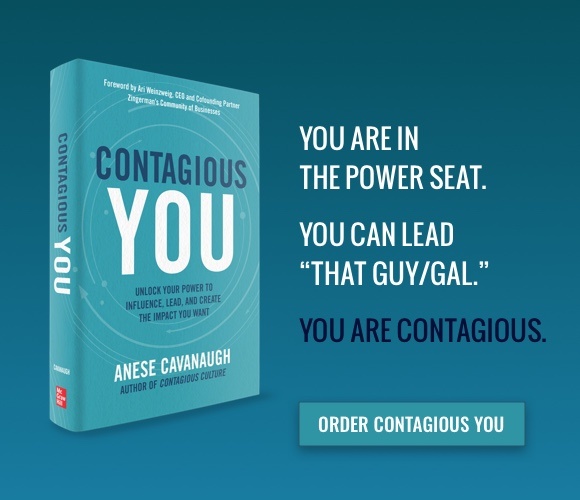I was working with a couple of clients this week helping them think through a big meeting next month for their team. The usual suspects showed up: What outcomes do we want? Why are we having it? Do we really need to have it? How can it be as meaningful as possible? How much time do we have? What might come up that we need to be prepared to work with? Who needs to be there? You know... that stuff.
Anese Cavanaugh

Recent Posts
How to lead energized and effective leadership team meetings
Blind spots, slippery slopes, and meltdowns
Last August I decided to put myself through my program. A lot had evolved in the model over the last 18 months and I was feeling the urge for an intentional reboot. I called it my own personal "7 week leadership experiment". After all, if I fully engaged in my stuff, and walked my talk, what could I create? I knew 2013 would be a big year for this work given some of the things I'd put in motion, and I wanted to go in fully aware and congruent. My business, life, relationships, and health had nothing to lose.
The Art of External Processing for High-Performing Leaders Who Think Out Loud
I have a client who's everything you'd want in a leader.
Heart of gold. Fierce commitment to transparency. Deep desire to make people feel valued. A hunger to lead well that's almost palpable.
All admirable qualities. Essential, even. They're at the core of the kind of intentional, energetically present leadership that creates cultures where people thrive.
But like every strength, there's a shadow side. And hers? She's an external processor.
She thinks out loud. A lot. And while external processing itself isn't inherently problematic, when done unconsciously, it creates unintended impact: confused teams, deflated morale, misdirected energy, and conversations that suck the oxygen out of the room.
None of this is intentional. It's the last thing she'd want. But it happens.
And it's completely fixable.
If you're an external processor — or if you lead alongside one — this post is for you.
"Show up" for vulnerability...and let yourself be changed.
 Random things surprise me in the most random of places. This morning it was the power of a 4 minute conversation and some vulnerability with a perfect stranger...
Random things surprise me in the most random of places. This morning it was the power of a 4 minute conversation and some vulnerability with a perfect stranger...
The "number 1" most important quality in leadership - Part 2.
A couple of weeks ago I shared a word cloud that represented responses from a group of senior and executive leaders in one of my LinkedIn groups - "The Design & Innovation Leaders Network: A Private Community Building Creative & Authentic Cultures". The actual query was "What do you consider to be the #1 most important quality in leadership?"
.png)



